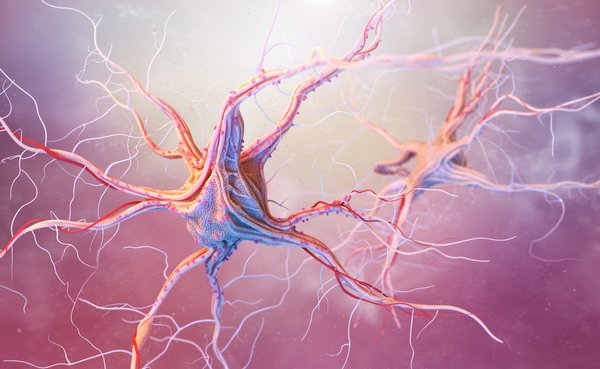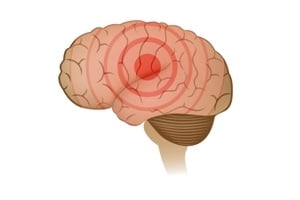What You Should Know About Epilepsy?
- Updated on: Jul 29, 2024
- 2 min Read
- Published on Feb 21, 2021

What is Epilepsy?
Epilepsy is a chronic disorder. It is the fourth most common neurological disorder that affects people of all age groups. It is characterized by sudden seizures that can cause other health problems as well. A seizure is a sudden and unpredictable rush of electrical events in the brain. Many people with epilepsy have more than one type of seizures and may possess other neurological disorders too. People may experience strange sensations and feelings or behave differently. They may have muscle spasms or may lose consciousness completely. Symptoms however may vary widely. Some people with the disease simply stare for a few seconds during a seizure, while others have jerking or convulsive movements in their arms or legs.
Human brain is a source of human epilepsy. However, the symptoms of this disease can affect any part of the body. The cells in our brain (neurons) transmit electrical signals and communicate with each other in the brain. Sometimes, there are abnormal bursts of neurons firing off electrical impulses, which can cause the brain and body to behave differently. This results in seizures. These neurological factors are responsible for the character of a seizure and its effect on an individual. There could be some triggers that cause seizures such as stress, lack of sleep, lights etc. But it isn’t always easy to identify the triggers.
The diagnosis of epilepsy is generally made based on observation of the seizures and their causes. Doctors use brain imaging and other tests to diagnose it. It is important to start the treatment early. Medications may help control seizures. When medicines do not work well, surgery or implanted devices may help manage the problem. It is quite clear that seizures and epilepsy can affect one’s living, health, relationship, work, driving and much more.
Facts About Epilepsy:
• Epilepsy is a fairly common neurological disorder that affects 65 million people around the world, according to estimates.
• In the United States, it affects approximately 3 million people.
• It is estimated to affect more than 500,000 people in the UK. This means about one in every 100 people has this problem.
• It’s more common in young children and aged persons, though anyone can develop it.
• There’s no cure for it, but the disease can be managed with various disease management approaches including medications.
• There are several reasons for the causes of seizures, but the exact cause of most of the cases of epilepsy remains unknown. In about 60% of the cases, the cause of the disorder is unknown.
• Epilepsy can have both causes – genetic and acquired.
• A person is considered to be diagnosed with epilepsy if one or more seizures, that were not caused by some known and reversible condition like withdrawal from alcohol or low blood sugar, are observed in him.












1 Comment
Thank you for your sharing. I am worried that I lack creative ideas. It is your article that makes me full of hope. Thank you. But, I have a question, can you help me?